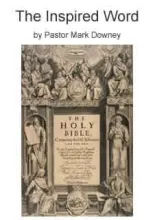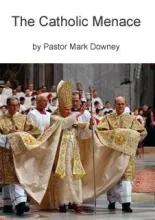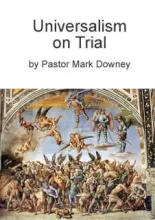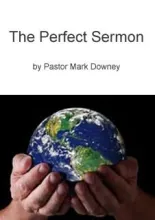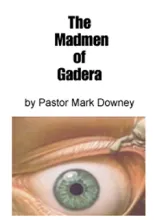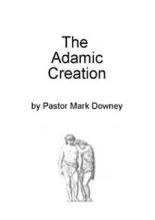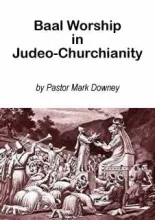The Inspired Word Part 1
by Mark Downey
Scripture Reading: 2 Timothy 3:14-17
The Bible is different than every book that has ever been written because it is through the auspices of Almighty God. Think about that for a moment. Most religions of the world have their own so called holy book, but our Holy Bible is the only one that claims to be the actual words of God. More than 3000 times we read “thus saith the Lord” or “God said,” followed by a direct quotation. No one knows exactly how many books have been published throughout history, but according to Google’s advanced algorithms, the answer is close to 130 million books. And there is only one book that can qualify as being inspired or more succinctly, the Word of God. In Christianity we hear the word ‘inspiration’ all the time coupled with the word ‘infallible.’ This prompts the inquiry: why would the “Author of our Faith” (Heb. 12:2) use fallible men to write Scripture? Well, think about it; we don’t have any of the original documents or autographs from which copies were made and survived as our only resource.
One of the Bible's most outstanding proclamations is that it plainly claims to be the inspired word of Almighty God. This is what Paul, a highly educated Israelite proclaimed, "All Scripture is given by inspiration of God" (II Tim. 3:16). Peter wrote that the content of Scripture "never came by the will of man, but holy men of God spoke as they were moved by the Holy Spirit" (II Peter 1:21). To early church leaders, inspiration was not an ecstatic overpowering of the writer's consciousness, as described in the occult as “automatic handwriting,” but rather a high degree of elucidation and divine awareness of God's revelation. Scripture indicates, and the early church recognized, that God inspired the biblical writers to use their own minds and their own styles to write what God wanted them to write. Likewise, we are all unique in the eyes of God, not just robotic disciples.

 A general review of what makes the Bible inspired.
A general review of what makes the Bible inspired.
 "For thou art an holy people unto the Lord thy God: the Lord thy God hath chosen thee to be a special people unto himself, above all people that are upon the face of the earth."Deuteronomy 7:6
"For thou art an holy people unto the Lord thy God: the Lord thy God hath chosen thee to be a special people unto himself, above all people that are upon the face of the earth."Deuteronomy 7:6
